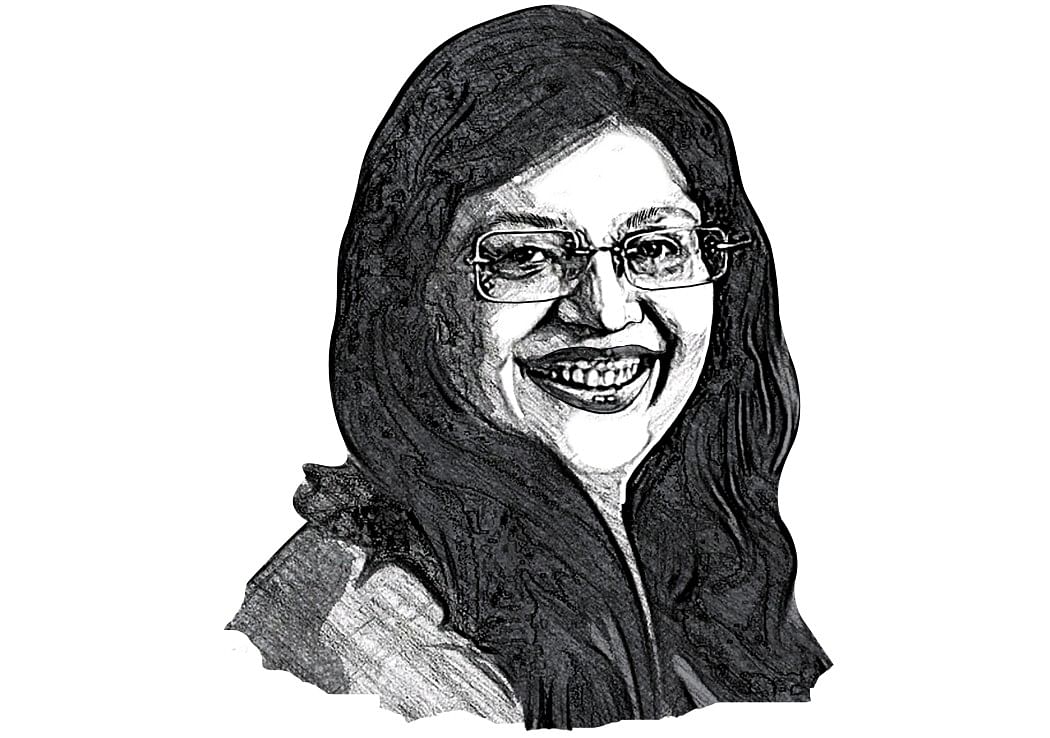
In the Dasara holidays, winters and summers, Bengaluru’s open grounds and parks once resonated with the excited cries of young children, who left home early morning to play cricket and hopscotch, climb trees, and free range amidst the greenery, returning only to be watered, fed and put to bed.
Our cities are now so congested that there is barely any open space to play. A friend of mine works on nature education programs with a number of government schools. Restricted to small, cramped classrooms, the school children rely on the nearest neighbourhood park for outdoor activities. But public parks and playgrounds are no longer accessible like they used to be! Their gates are kept locked between 10 am and 4 pm, which means that the people who usually accessed the parks during the day – school-going children, young babies with their parents, and the elderly – are kept out.
The logic is petty and punitive. One reason, commonly offered, is that it costs money to maintain security guards during the day. Since the BBMP does not pay for this, neighbourhood associations find it cheaper to lock the parks during the day. A second piece of logic is more insidious. The “wrong kind of people”, it is said, will use the park in the day. Couples seeking a romantic place of refuge, hard-working autorickshaw drivers and sweepers napping on a shaded park bench, and kids from the nearby slum seeking to let off excess energy are all forbidden from entry by the simple act of locking the gates between 10 and 4.
A number of parks managed by Resident Welfare Associations across Bengaluru would like to reserve the right to refuse entry to those unacceptable to them, or those engaged in what they term indecent behaviour. Defining who is acceptable and what constitutes acceptable behaviour cannot be left to a few in the city. Yet, these parks get away with flagrant defiance of the right of the public to enter a public space.
In keeping with this (ill)logic is the ban on activities like photography. In a growing number of parks across Bengaluru, nature photographers with cameras are banned. Only the ever-present cellphone camera is permitted. The person who set the rules is not available to interrogate, leaving security guards caught in a troublesome place – forced to enforce a rule about whose legality and reasoning they have no idea.
Caught in this chakravyuha are the youngest, always the most powerless. Children are banned from running anti-clockwise in many neighbourhood parks -- users are only permitted to walk, clockwise. A young child has little power to argue in such situations. They are forced to run on traffic-filled streets instead – in an environment that is more polluted and far more dangerous.
Our cities shape our public spirit. An open city has a large and engaged public. A closed and fettered city, hemmed in by nonsensical rules, will lead to a public consciousness that is equally fettered!
When we spoke to a large number of environmentalists and civic actors across Bengaluru, many traced their environmental concerns to favourite memories of childhood experiences spent amidst nature. Climbing trees, swimming in lakes, and playing with flowers and seeds – these experiences fundamentally shaped their love of and respect for nature.
Children fortunate to be born into families with access to wealth still have access to private play spaces in Bengaluru: to cricket grounds, tennis courts and parks in private schools, apartments, and gated communities. But the city of Bengaluru denies access to public parks and playgrounds to the poorest of its children – those in government schools and slums, who need it the most. Without adequate place to play, and to experience nature, how will their minds and bodies be adequately nourished? How will their imaginations stretch to encompass a love for all forms of life?
A city’s public spaces cannot be gated, locked and fettered with arcane restrictions on use.
Throw open the parks.
